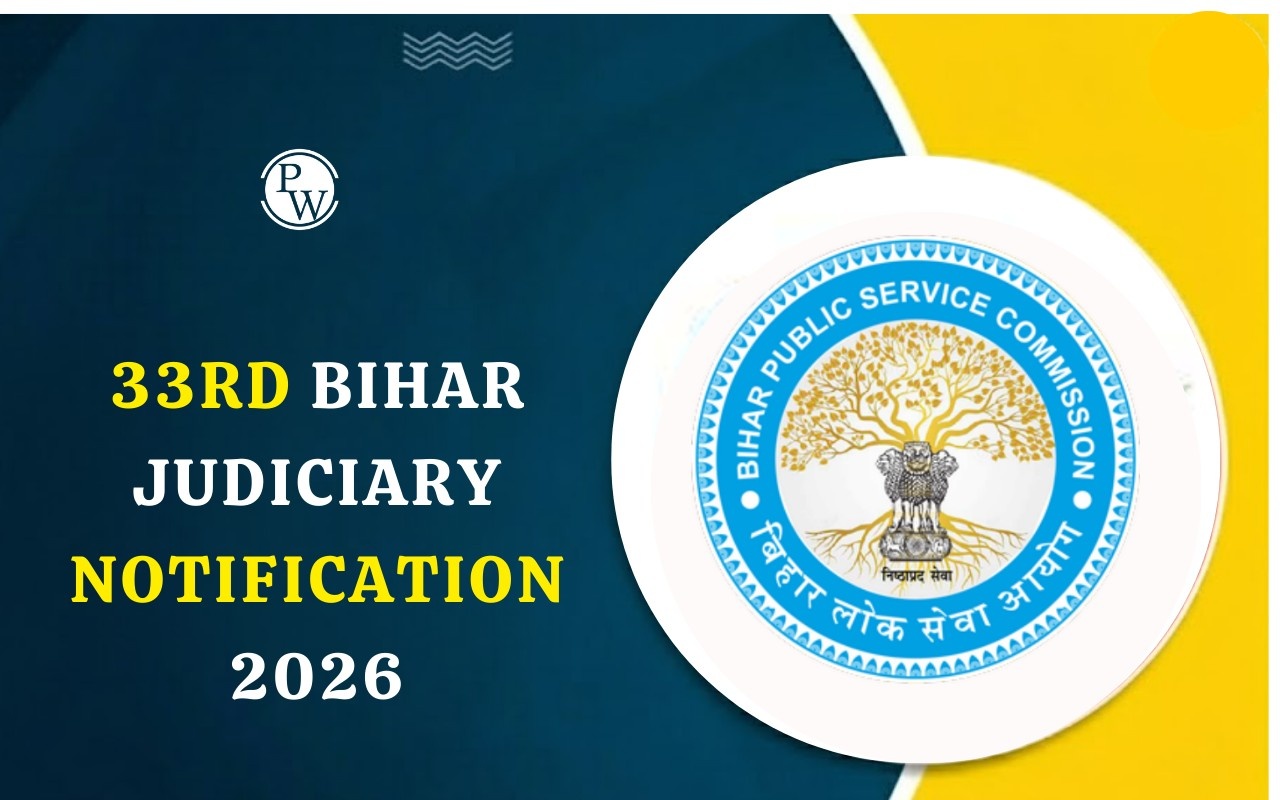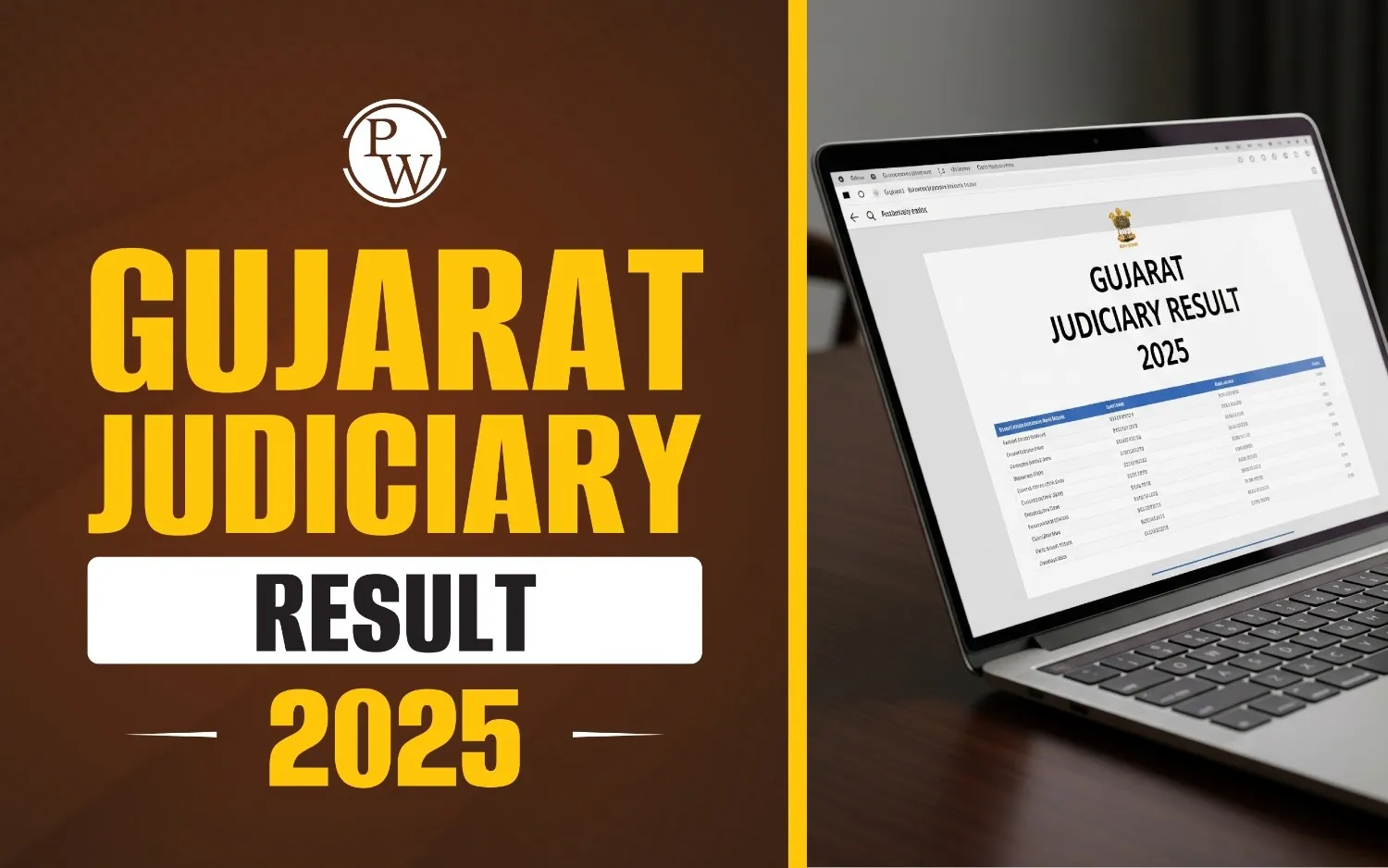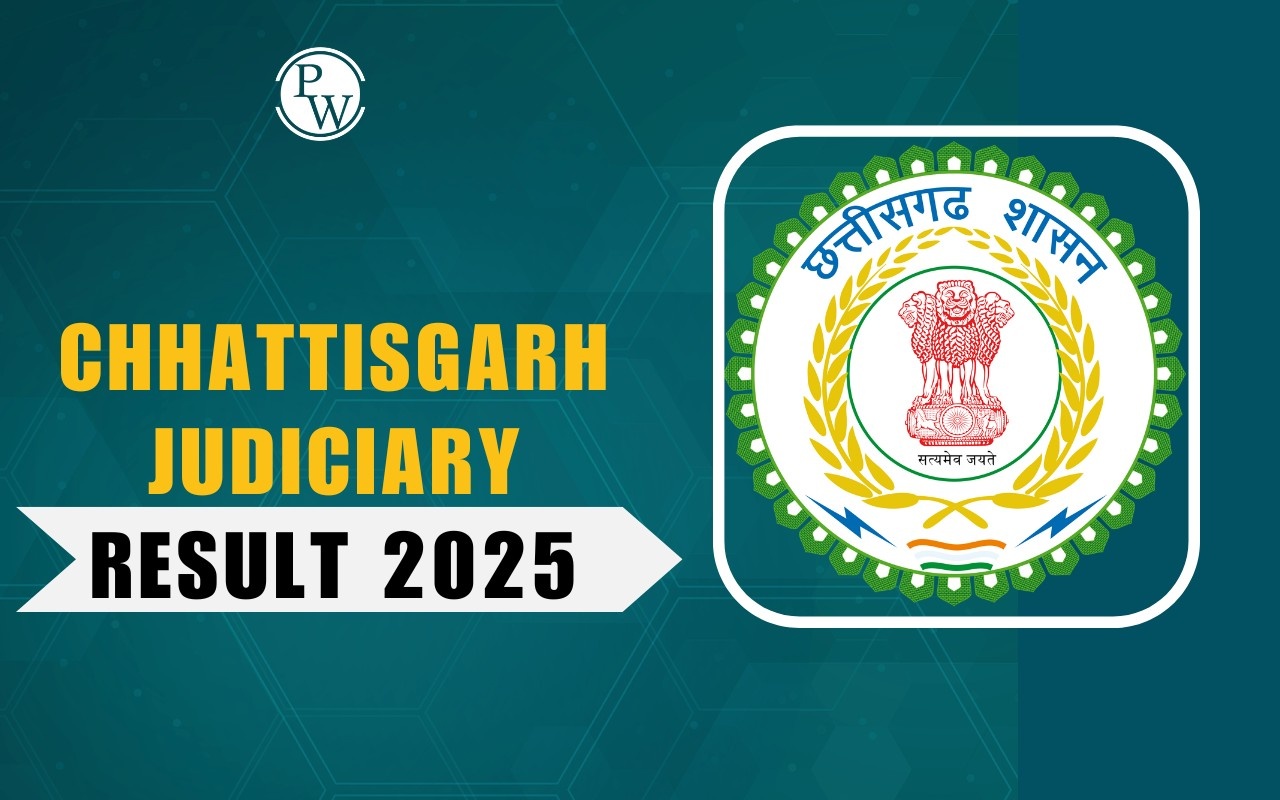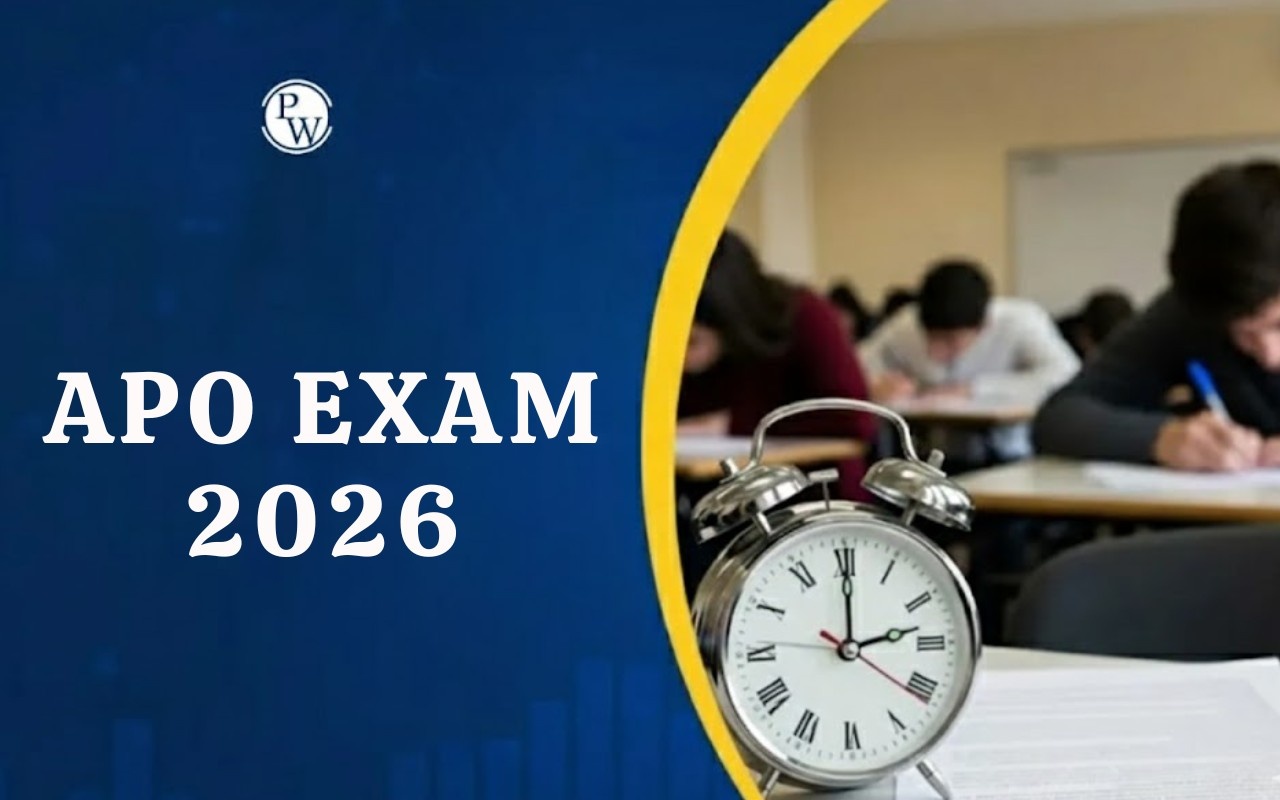
How to Prepare For Judiciary Exams During Law School in India
How to Prepare For Judiciary Exams During Law School in India: Many law students aspire to pursue a career in Judicial Services, also known as PCS-J (Provincial Civil Service Judicial Examination). This profession is esteemed and sought after, offering an opportunity to serve in the lower judiciary. Here, we get into the essentials of Judicial Services Examination, aiming to simplify the complex process for aspiring candidates.
Notification of Seats
Unlike other competitive exams such as the UPSC - Civil Services Examination or State PCS Examinations, the Judicial Services Examination doesn't follow a fixed schedule or seat allocation. The exam is conducted by State Public Service Commissions or High Courts based on the number of vacant positions in the lower judiciary.
| Exam Type | Conducted By |
|---|---|
| Judicial Services Examination | State Public Service Commission or High Court (in some states) |
Eligibility Criteria
The PCS-J exam primarily targets the appointment of Civil Judges Junior Division. However, in some states, like Haryana and Madhya Pradesh, it extends to other positions such as Civil Judge cum Judicial Magistrate or Civil Judge II. The basic requirement is a Bachelor's Degree in Law, which can be a 5-year integrated course like B.A.LL.B or a 3-year LL.B after graduation. A Master's degree, though not mandatory, can enhance one's prospects.
| Post | Educational Requirement |
|---|---|
| Civil Judge Junior Division | Bachelor’s Degree in Law |
| Civil Judge cum Judicial Magistrate (in some states) | 5-year integrated course or 3-year LL.B |
When to Start Preparing?
Deciding when to begin preparing for the Judicial Services Examination can be daunting. While many opt to start post-graduation, initiating preparation during law school can provide a significant advantage, offering a head start in the competitive arena.
Tips for Preparation
Here are simplified strategies to help aspiring candidates prepare effectively for the Judicial Services Examination:
| Tips | Description |
|---|---|
| Shortlist Target States | Identify the states you intend to apply for as each has its own exam pattern and syllabus. |
| Analyze Syllabus and Previous Questions | Reviewing past questions and syllabus aids in understanding the exam's format and focus areas. |
| Understand Exam Pattern | Familiarize yourself with the exam's structure comprising Preliminary, Mains, and Interview stages. |
| Utilize Bare Acts | Emphasize studying Bare Acts as they serve as primary legal sources. |
| Start with Mains Preparation | Focus on Mains preparation early as it prepares you for both Prelims and Mains, reducing last-minute stress. |
| Pay Attention to Law School Subjects | Subjects taught in law school often overlap with the exam syllabus, providing a foundation for preparation. |
| Stay Updated with Current Affairs | Keeping abreast of current affairs aids in both academic performance and exam preparation. |
| Polish Language Skills | Language proficiency, including both English and Vernacular, is crucial for success. |
| Create Effective Notes | Summarize study materials into concise notes for efficient revision. |
| Practice with Mock Tests | Regularly attempt mock tests to track progress and identify areas for improvement. |
| Revise Regularly | Multiple revisions help in retaining information for better recall during exams. |
| Maintain a Balanced Lifestyle | Balancing studies with extracurricular activities is essential for personal growth and well-being. |
Starting on a journey towards Judicial Services Examination requires dedication, strategic planning, and continuous effort. While setbacks may occur, perseverance and hard work remain invaluable. Seeking guidance from reputable institutes and legal experts can further enhance preparation and increase chances of success. Remember, every step taken towards this goal brings you closer to fulfilling your aspirations in the legal profession.
| Judiciary Other Related Topics | |
| Karnatak Judiciary Exam 2024 | Chhattisgarh PCS J Syllabus 2024 |
| Uttarakhand judiciary Syllabus | Punjab Judiciary 2024 |
How to Prepare For Judiciary Exams During Law School in India FAQs
How to prepare for judiciary while in law school?
How many hours should I study for judiciary?
Can I prepare for judiciary while working?
How to self study for judiciary?
Can an average student crack the judiciary?










